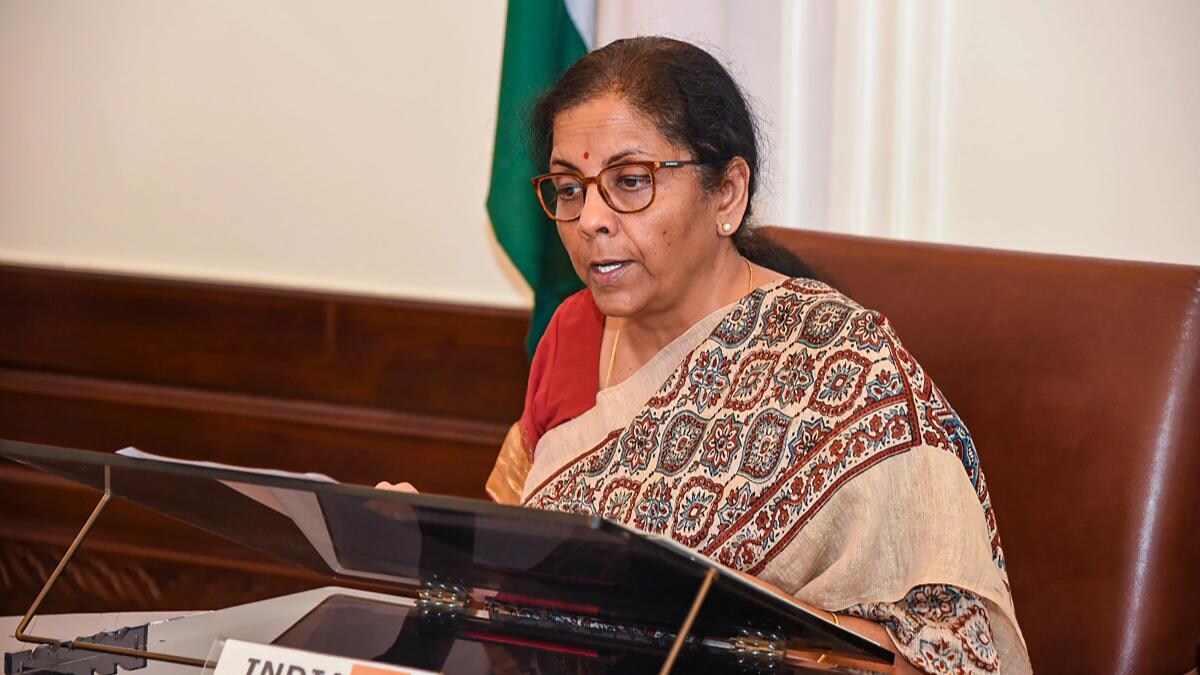The Central Board of Direct Taxes (CBDT) has announced a significant relief measure by setting a ceiling of Rs 1 lakh per assessee for the withdrawal of old tax demands. This move aims to provide relief to taxpayers burdened with long-standing disputes and pending tax claims. Under this new directive, taxpayers can expect a more streamlined process for resolving old tax demands, bringing clarity and closure to lingering issues.
One of the primary objectives behind this decision is to reduce litigation and promote a more taxpayer-friendly environment. By capping the withdrawal limit at Rs 1 lakh per assessee, the CBDT intends to prioritize cases where the disputed tax amount is relatively lower, thus expediting the resolution process for a larger number of taxpayers. This move aligns with the government’s broader agenda of promoting ease of doing business and enhancing the overall taxpayer experience.

SOURCE:- INDIA TODAY
The decision to impose a ceiling per assessee serves multiple purposes. Firstly, it ensures that the financial burden on individual taxpayers remains manageable, especially for those facing multiple tax disputes. By limiting the withdrawal amount to Rs 1 lakh, the CBDT strikes a balance between addressing taxpayer grievances and safeguarding revenue interests. Additionally, this measure underscores the CBDT’s commitment to fair and equitable tax administration, fostering trust and confidence among taxpayers.
SOURCE:- BBC NEWS
Furthermore, setting a specific threshold for withdrawal underscores the CBDT’s focus on resolving older tax disputes expeditiously. By prioritizing cases where the disputed amount is within the prescribed limit, the tax authorities can allocate resources more efficiently, reducing the backlog of pending cases and enhancing overall tax compliance. This targeted approach enables the CBDT to address low-value disputes swiftly while allocating adequate attention to high-impact cases.
It’s important to note that the withdrawal of old tax demands up to Rs 1 lakh per assessee does not imply blanket amnesty for all outstanding dues. Taxpayers must still adhere to relevant legal provisions and comply with necessary documentation requirements to avail themselves of this relief measure. Additionally, the CBDT may exercise discretion in exceptional cases where the disputed amount exceeds the prescribed limit, considering factors such as the merits of the case and the taxpayer’s compliance history.
Overall, the CBDT’s decision to cap the withdrawal limit for old tax demands at Rs 1 lakh per assessee represents a significant step towards easing the compliance burden on taxpayers and fostering a more conducive tax environment. By providing a structured framework for resolving long-standing disputes, this measure reinforces the government’s commitment to taxpayer welfare and administrative efficiency. It is expected to have a positive impact on taxpayer confidence, compliance levels, and the overall ease of doing business in the country.
Share your views in the comments

